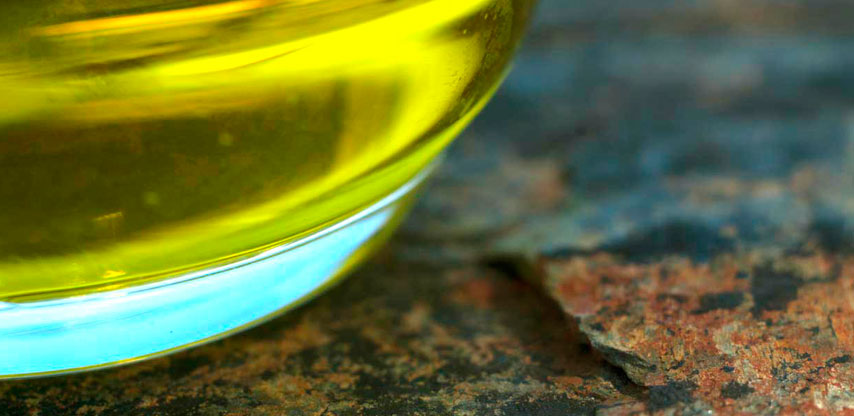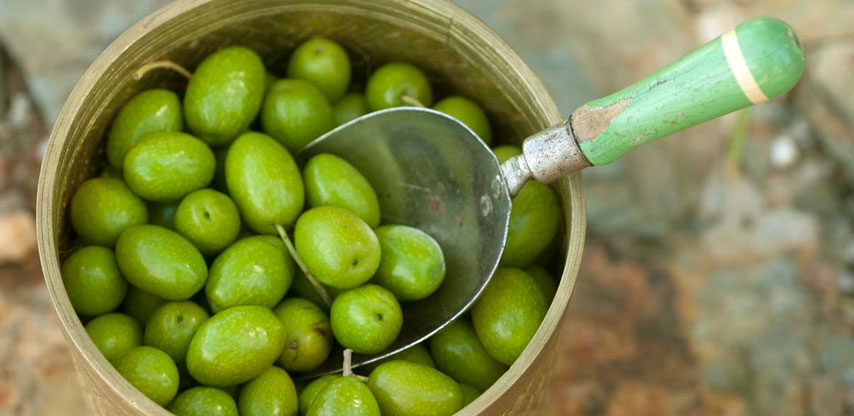Olive oil was essential to produce scented ointments and played an important role in room lighting.
Olive trees and olives have accompanied mankind since the beginning of time. Evidence of this is the vast number of utensils found by archaeologists, apart from the countless quotes in the Koran and the Bible, where olives are first mentioned in the Universal Flood tale - the pigeon sent by Noe when the rain stops returns to the Ark holding an olive branch in its beak.
Olive oil was used in daily life - for food, skin care and room lighting, to feed the flame of lamps and chandeliers, and also in sacred rituals and medical practice. In ancient Babylonia, physicians were called “asu” that meant “oil expert” and many civilizations thought the olive tree was sacred, using the oil to anoint kings and priests.
Greek mythology ascribes the origin of the olive tree to a competition between Athena, the goddess of wisdom and Poseidon, god of the sea. The winner would become protector of a new city that would also be named after the god that gave the best present to its citizens. Poseidon drove his trident into a stone and a white horse came out of it. Athena plunged her spear into the rock and the first olive tree appeared. The goddess won and the city was then called Athens. Athenians, who thought her present was the most valuable, have kept several olive trees in Acropolis, the place where it first grew, until nowadays.
Olive oil was essential in ancient Greece according to some statements dating from the fourteenth century B.C. In Palestine, the Philistines also produced it using leading-edge technology. Nowadays, there still exist eight olive trees dating from many centuries ago in the Gethsemani orchard, where Jesus prayed to His Father.
Romans took the olive trade and its fruits to the Iberian Peninsula, north of Africa and in southern France. Caton wrote an extraordinary olive production manual and olive oil is an important ingredient of several indigestible recipes brought to us by the famous book by Apicio with the classic Roman gastronomy.
From Middle Ages to the present days
During the Middle Age, olive oil became so scarce that it was even considered as cash for commerce and trade.
It was only consumed by upper classes and religious orders that owned most of the olive groves. Olive oil was used for liturgical purposes. Only in the late Middle Ages, the Mediterranean land was once again covered with olive trees and oil trade became once again as important as it had been in the past.
Nowadays, olive oil is sold in bottles (either glass or plastic) or in canisters to protect it from light. Most world producers are near the Mediterranean Sea and Spain is the biggest world producer.






